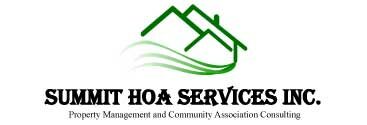The difference between a pickpocket and a robber baron is mostly a matter of opportunity” (Anonymous). With adequate prevention and protection measures, mistakes will be reduced and improper activities discouraged. According to a Best Practices report on Community Security, published by the Foundation for Community Association Research, the board has a legal obligation in the exercise of its management powers to:
- Obey the governing documents
- Have a duty of diligence in the conduct of its activities
- Effectively carry out its fiduciary duty to the association and its members
An analysis of your governing documents will indicate the minimum level of responsibility your HOA must take in protecting its welfare. Does your board need to provide a “safe and secure environment”? The security of your association involves not only the protection of its physical assets, an effective risk management program that includes comprehensive insurance, suitable protective covenants and policies, but also ample internal controls.
Are your HOA’s internal controls satisfactory? Does your association:
- Segregate the primary functions of approvals, accounting/reconciling and (cash) asset control.
- Prepare its financial reports according to the Generally Accepted Accounting Principles (GAAP).
- Require the treasurer to oversee all financial operations attentively, with the full board regularly reviewing all financial statements.
- Maintain separate bank accounts in the association’s name.
- Ensure the safety and liquidity of its investments, investing only in government insured accounts that do not exceed the limits in any one institution.
- Permit only the board access to the reserve funds.
- Deposit receipts daily. You might consider using a lockbox or electronic transfers to collect revenue.
- Commission a reserve study at least every three years, reviewing it annually.
- Conduct the annual disclosures completely, openly and timely.
- Require the board to review all contracts and bids.
- Perform a periodic review or audit (as may be required by law).
- Annually review its insurance policies and revise according to a current property appraisal.
- Pursue delinquent accounts promptly, forwarding to an attorney when an account is three months or more late.
- Conduct background criminal investigations on any prospective HOA employees or other asset custodians.
Stifle the strike of that robber baron by maintaining sound checks and balances within your HOA operations.
